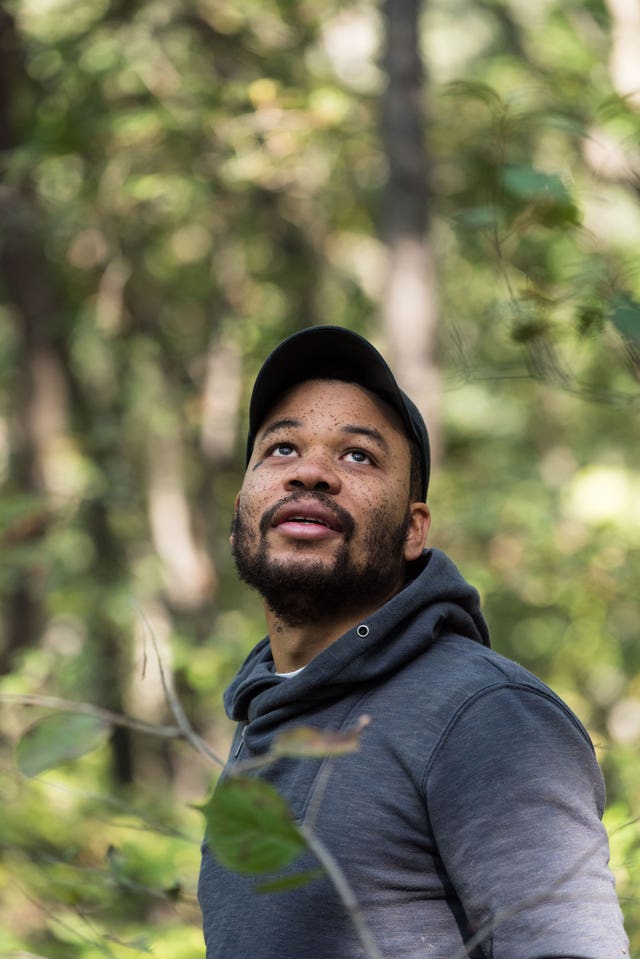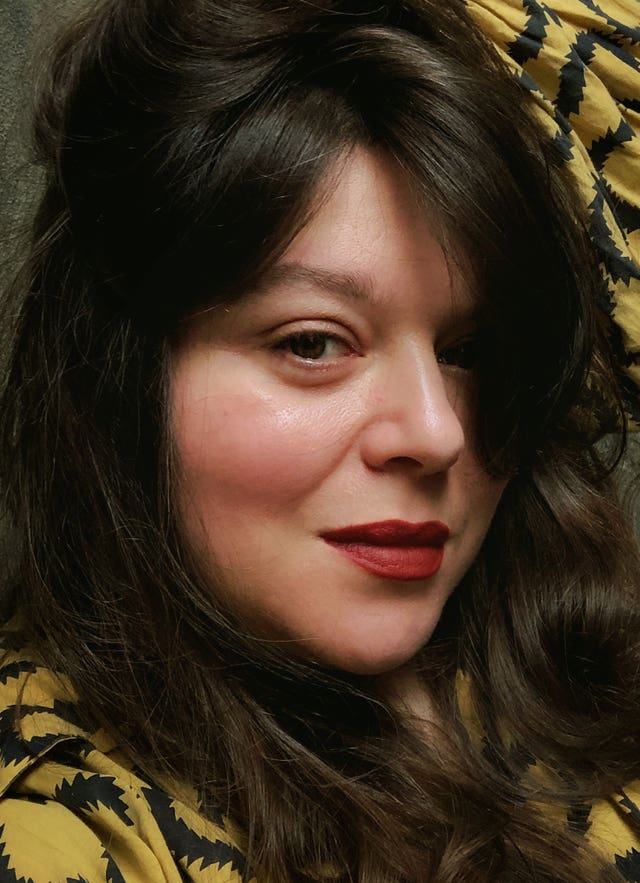The Turner Prize has been awarded to a collective of the four nominated artists in a surprise move for the prestigious award.
Organisers said the nominees – Lawrence Abu Hamdan, Helen Cammock, Oscar Murillo, and Tai Shani – requested the jury consider awarding the prize to them as a collective.
The jury agreed, “in recognition of these artists’ shared commitment to urgent social and political causes”.

Abu Hamdan was born in Amman, Jordan, and currently lives in Beirut, according to his website.
The 34-year-old describes himself as a “private ear,” with an interest in sound and its interactions with politics.
He used survivor testimonies from a notorious Syrian jail to create a sound installation.
His audio investigations have been used as evidence at UK asylum and immigration tribunals.
Abu Hamdan, who received his PhD in 2017 from Goldsmiths College in London, has seen his work on show at venues including The Museum Of Modern Art, the Guggenheim, Centre Pompidou and Tate Modern.

Colombian artist Murillo, 33, had been favourite for the Turner Prize for his work Violent Amnesia, exploring the theme of human labour in a global economy.
The painter and installation artist was born in La Paila before moving to London with his parents at the age of 10.
In 2012 he graduated from the Royal College Of Art and for his first major solo exhibition in 2014 transformed a gallery space into a fully functional chocolate factory, representing the factories in his native Colombia.
Murillo has had solo exhibitions around the world, including London, Bogota and Baku.

Born in London, Shani, 43, is a self-taught artist who explores “feminine subjectivity and experience through a gothic/science-fiction lens”.
Turner Prize judges praised her use of “theatrical installations, performances and films” to create “her own allegorical city of women populated by fantastical characters, transporting the viewer to another time and place”.
Staffordshire-born Cammock works across film, photography, print, text and performance.
The 49-year-old arrived late to the art world, entering art school at the age of 35 after a decade in social work in Brighton.
Cammock told the Guardian she quit that job after becoming disillusioned during the late 1990s when services were being cut.
She won the Turner Prize for The Long Note, which looks at the history and role of women in the civil rights movement in Londonderry.
